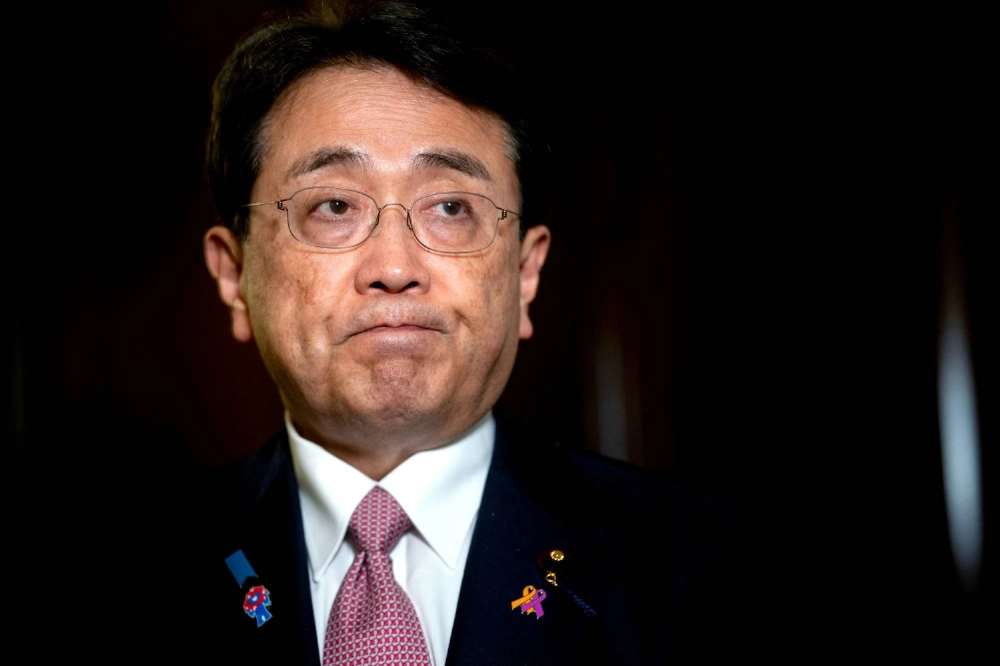The United States is working to finalize an announcement that would end the stacking of universal tariffs on Japanese goods, a senior Trump administration official said Friday.
The plans, detailed on the condition of anonymity, would resolve prolonged confusion over how U.S. President Donald Trump intended to impose levies on a key trading partner after striking a deal, and match public comments made by Ryosei Akazawa, Tokyo’s top trade negotiator, after a meeting on Thursday with his counterparts in Washington.
The announcement, which could take the form of a joint statement from the two countries, would clarify that Japan — like the European Union — would see its 15% reciprocal tariff rate incorporate existing most-favored nation duties.


















With your current subscription plan you can comment on stories. However, before writing your first comment, please create a display name in the Profile section of your subscriber account page.